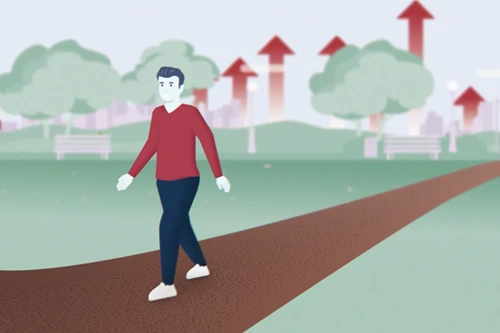The flu can be a miserable experience, but if you have an Healthcare Flexible Spending Account (HCFSA) or Health Savings Account (HSA), you may be able to get some financial relief. Here's how your HCFSA or HSA can help when you're battling flu symptoms.
- Pay for flu shots.
The best way to help prevent the flu is to get vaccinated. Flu shots are generally covered by insurance, but if you have a high deductible plan, your HCFSA or HSA can be used to pay for the cost of the vaccine. - Cover prescription medications.
If you get the flu, your doctor may prescribe antiviral medications to help reduce the severity and duration of your symptoms. These medications can be expensive, but your HCFSA or HSA can help cover the cost. - Purchase over-the-counter medications.
Over-the-counter medications like cough syrup, pain relievers and decongestants can help alleviate flu symptoms. These medications are often eligible for reimbursement with your HCFSA or HSA, so save your receipts. - Pay for doctor's visits.
If you need to see a doctor for flu symptoms, your HCFSA or HSA can help cover the cost of the visit. This includes copays, deductibles and coinsurance. - Use telemedicine services.
If you don't want to leave your house when you're sick, consider using telemedicine services. Many telemedicine providers offer virtual doctor visits that are eligible expenses under your HCFSA or HSA.
View our FSA and HSA eligibility list >
What to know about the flu
The flu is a virus that spreads through coughing, sneezing and touching contaminated surfaces. It can get into your body when you breathe in droplets from an infected person or touch your face after touching something contaminated. Here are the symptoms to look out for.
Typical flu symptoms include the following:
- Fever, or feeling feverish without an increased temperature
- Chills
- Dry cough
- Sore throat
- Stuffy or runny nose
- Body or muscle aches
- Fatigue
- Headaches
- Vomiting
- Diarrhea, especially in children
It can be easy to mistake the flu for the common cold since many symptoms are the same. However, watch for the flu triad: muscle aches, fever and cough.
What to do if you get the flu
If you get sick, taking care of yourself can minimize discomfort and help you recover more quickly.
- Stay home. Staying home allows you to rest and keeps you from spreading the flu virus to others.
- Consider an antiviral drug. Antiviral drugs can help shorten sick time and reduce symptoms. Talk to your doctor about a prescription if you notice flu symptoms.
- Take pain relievers. Over-the-counter medications, including acetaminophen and ibuprofen, can help reduce fever.
- Rest. Get plenty of rest to help your immune system fight off the infection.
- Drink fluids. It’s easy to get dehydrated when you have the flu. Ensure you drink plenty of fluids, including water, chicken soup and hot tea. A sports drink or other beverage with electrolytes is a good idea if you experience a high fever or vomiting.
When to visit a doctor
If your symptoms linger or worsen, or you’re concerned for other reasons, visit a doctor. When in doubt, it’s better to seek professional medical advice.
Shop the FSA Store
Purchases may result in a small commission to American Fidelity at no additional cost to you.
Shop the HSA Store
Purchases may result in a small commission to American Fidelity at no additional cost to you.
This blog is up to date as of January 2024 and has not been updated for changes in the law, administration or current events.







